
Some say you definitely must, some say you should. Others would never clean their cymbals. Probably the longest-running discussion in the drumming world.
Well, let’s hear both sides of the aisle: Cymbal-cleaners Vs Non-Cymbal cleaners. What are each side’s arguments? On which side are you?
Cymbal-cleaners.
"Only clean brilliant-finish cymbals."
First of all, we’re talking about brilliant-finish cymbals only. We can all agree that traditional finish/dark cymbals should never be cleaned.
So, in the case of brilliant-finish cymbals, cleaning helps maintain their sound quality and appearance. A gentle wipe with a soft cloth can remove fingerprints and dust. For a deeper clean, a cymbal cleaner or a mixture of mild soap and water can be used, followed by a thorough rinse and dry.

At zildjian.com it clearly states:
“To remove fingerprints and stick marks from your cymbals, you can use a mild dish soap (avoid strong cleaners like Clorox) and rinse with warm water. Be sure to thoroughly dry off your cymbal with a clean non-abrasive cloth, and check to make sure all moisture has been wiped from the surface.
For dirtier jobs, you can use our Brilliant Cymbal Cleaning Polish*. This product is designed for Brilliant finish cymbals ONLY (A Custom, S Family, and various other A and K Family models).”
Some acts/bands have an ultra clean stage presentation, and that stretches to the musical equipment. So really, sometimes it's a matter of stage looks.

If you're going to clean your cymbals, then this is how:
Non-Cymbal cleaners.
"The patina is key."
Top UK drummer Steve White says:
“I don’t worry too much about cleaning cymbals. I like it when a patina builds up and actually tones down some of that ‘zing’ that a brand new cymbal has. It is all subjective, but if I were to clean any cymbal it would only ever be with warm water and a little washing-up liquid anyway, anything else is too messy or can be abrasive.”
Older cymbals gain a patina which gives them a slightly mellower sound. Patina is a vague term covering the visual effect of a combination of various chemical compounds on copper and bronze alloys, including oxides, carbonates, sulphides and sulphates. This milder tarnish (or verdigris) actually protects the copper or bronze from further degradation
If you ask me, an old, dark K with some spots and a mellow sound, is one of the best sounds ever.
Regarding brilliant-finish cymbals, unless there’s real dirt on them (like someone spilling beer on your cymbals), I wouldn’t clean them. Ever.
To be honest, I can’t remember the last time I cleaned my cymbals (I play A’s and A Customs).

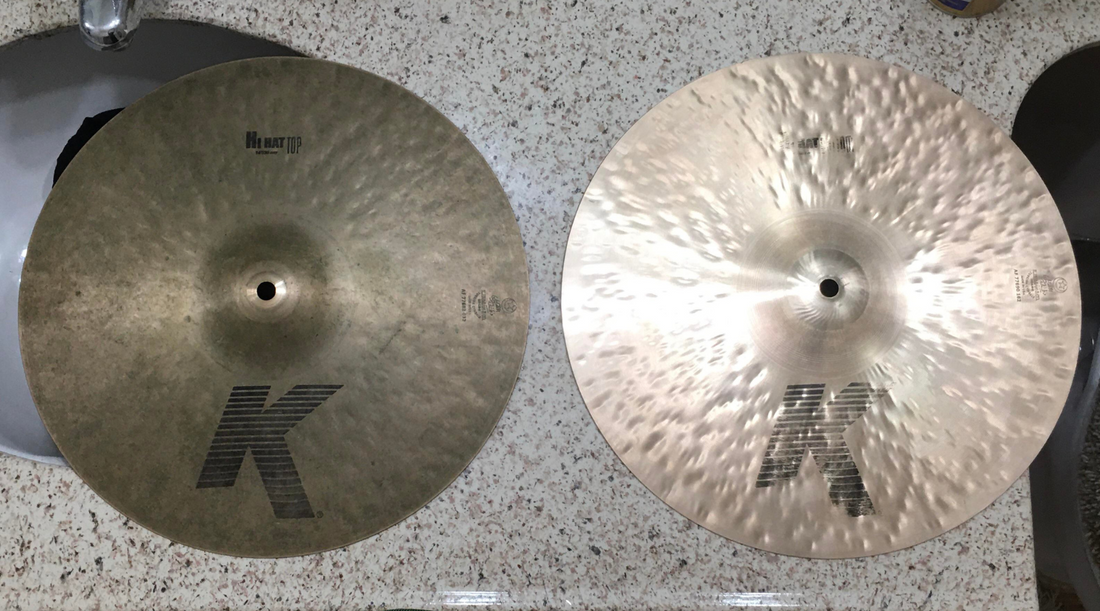













































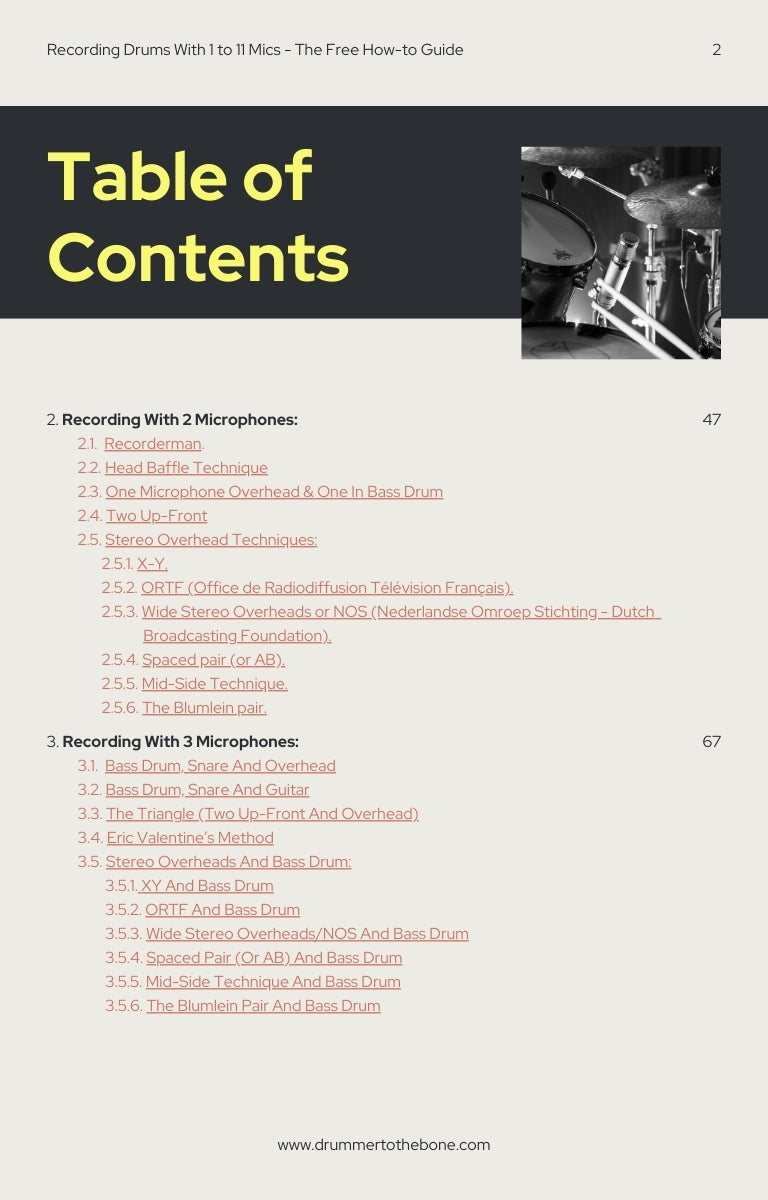
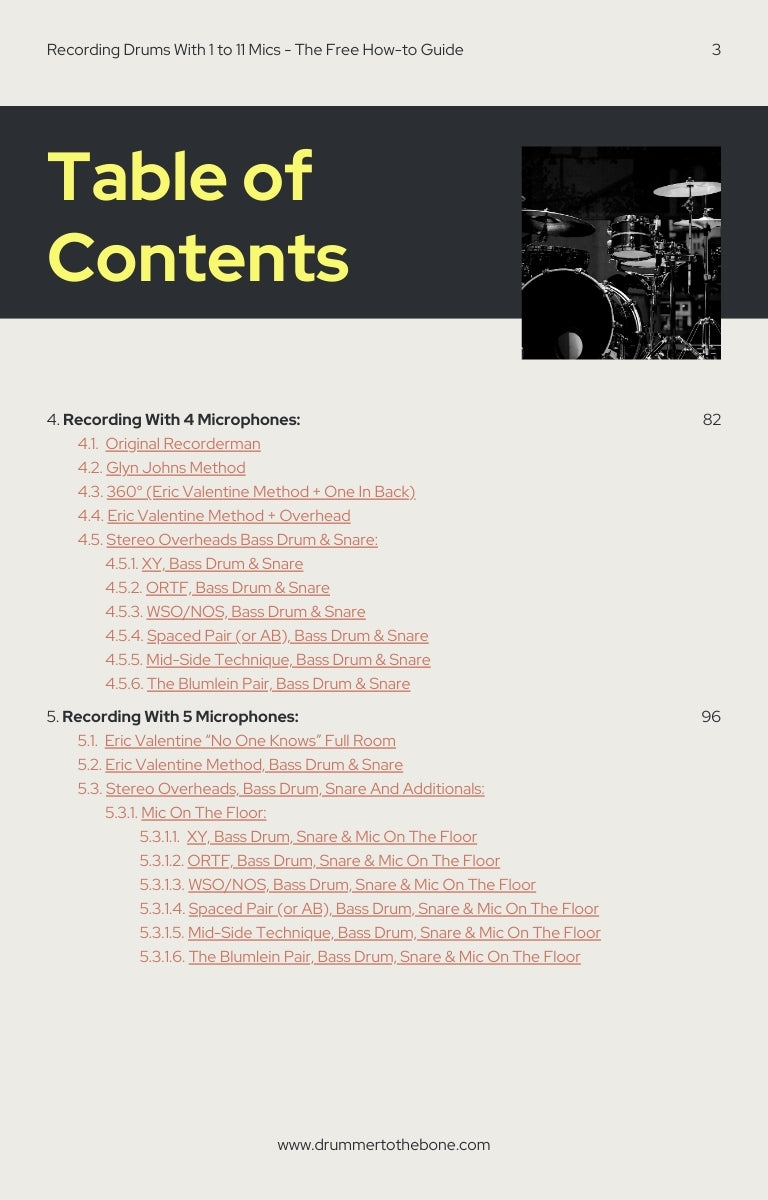
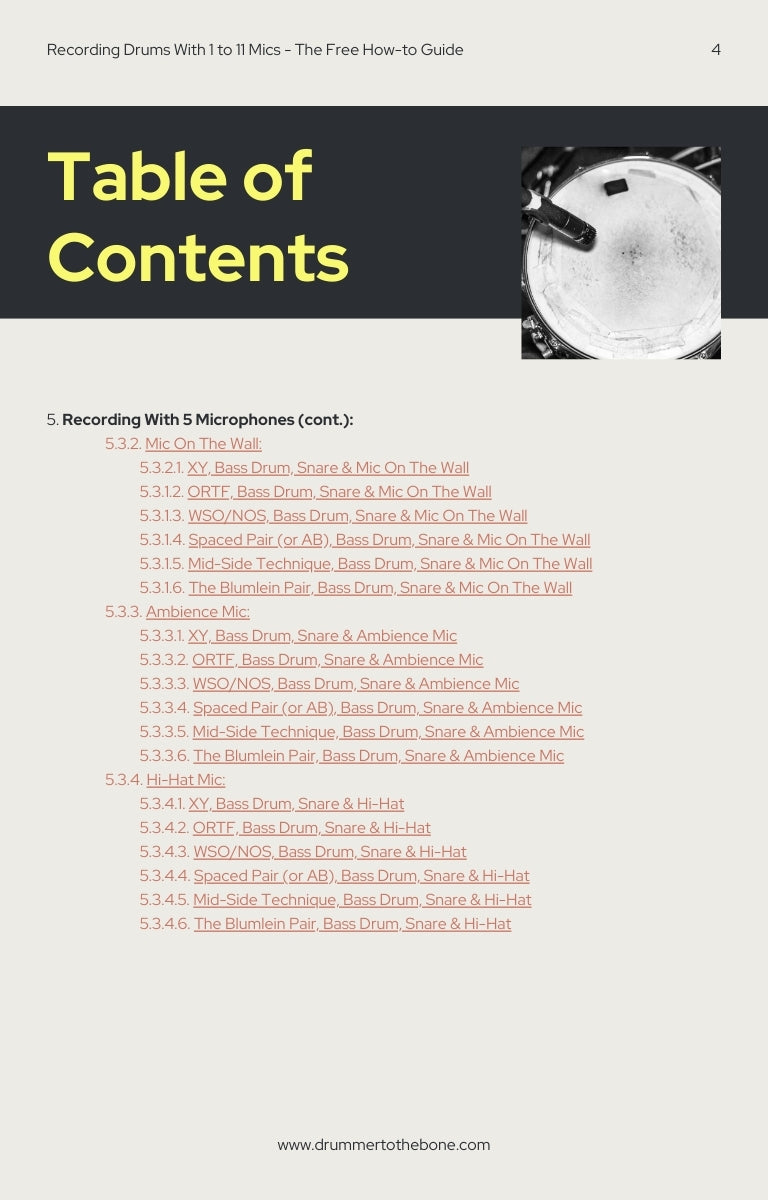
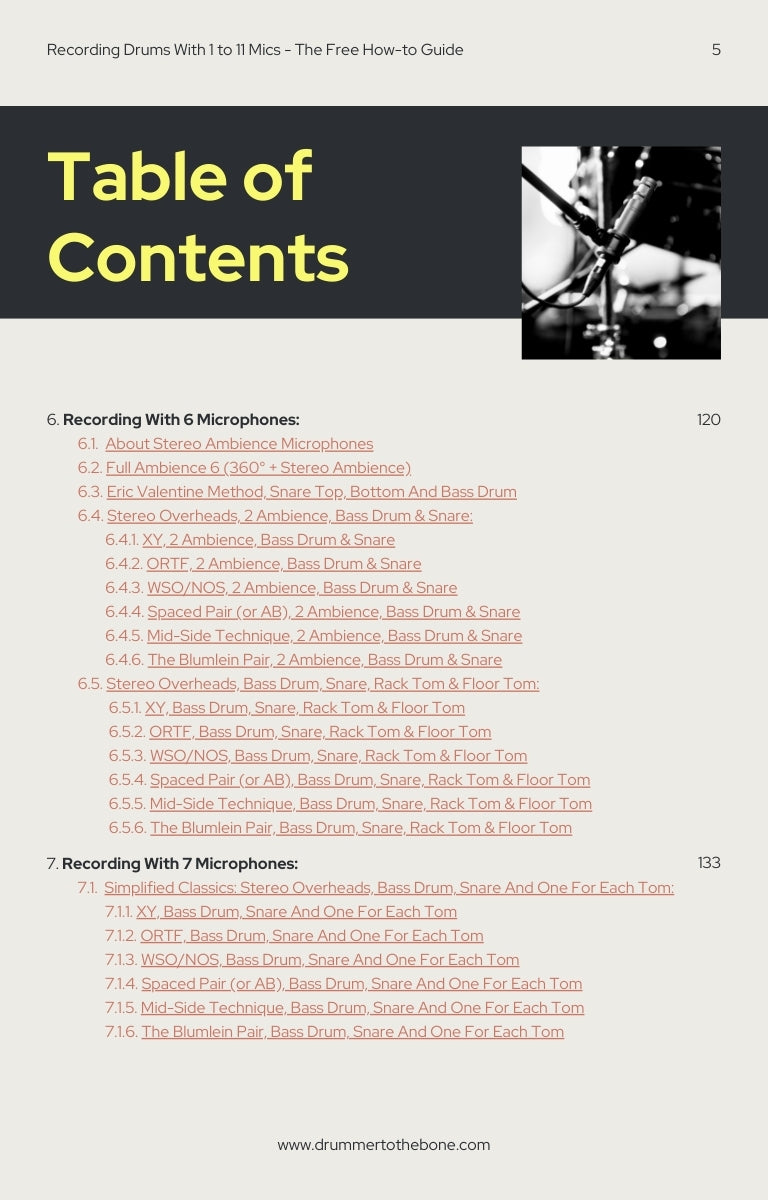
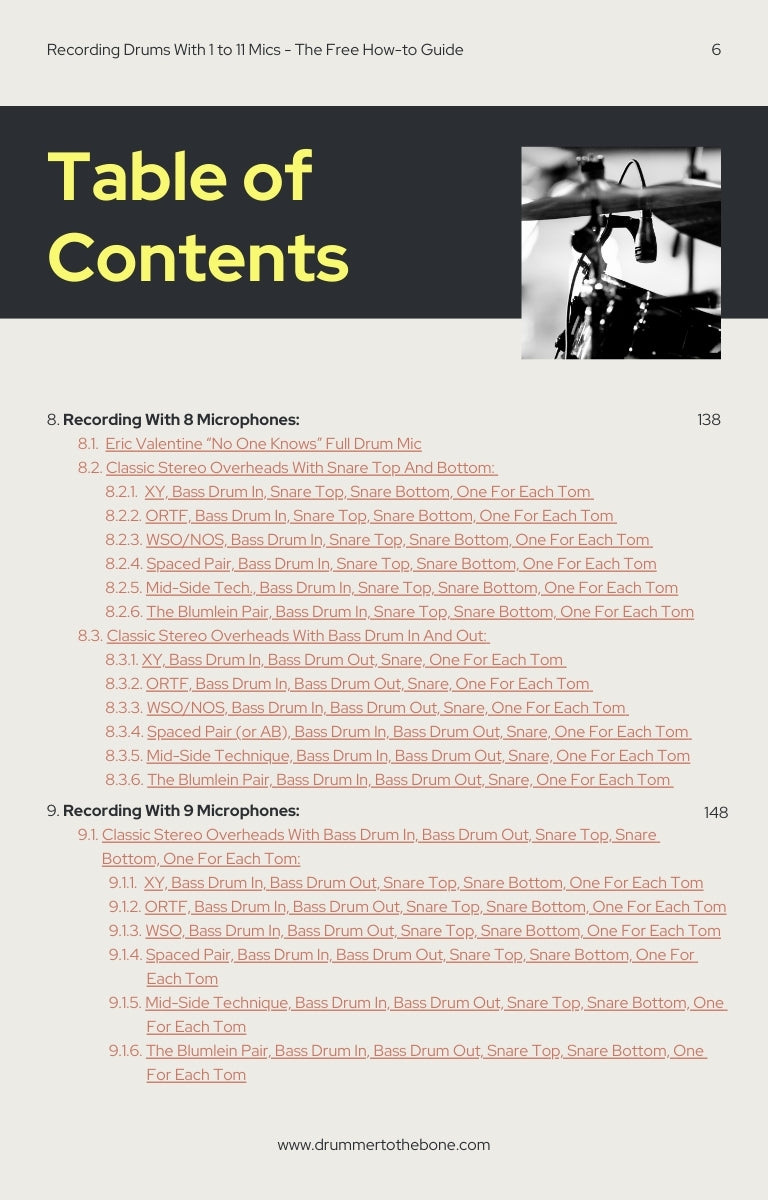
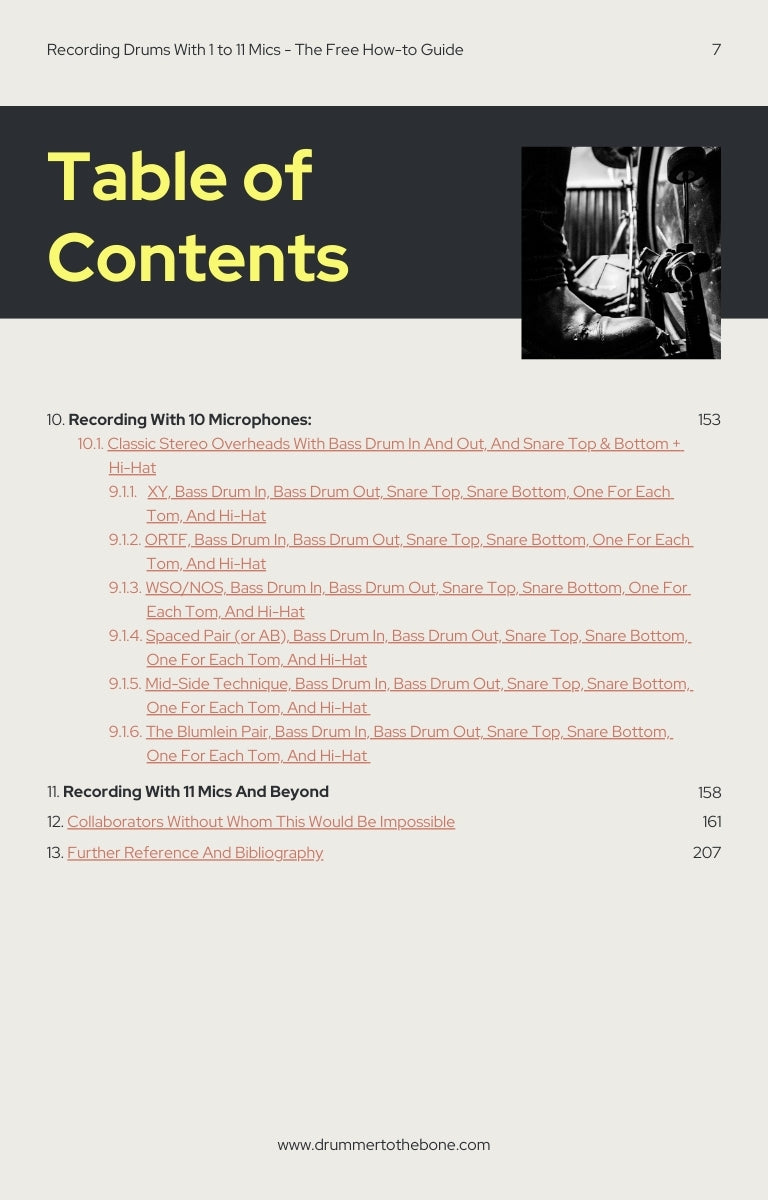


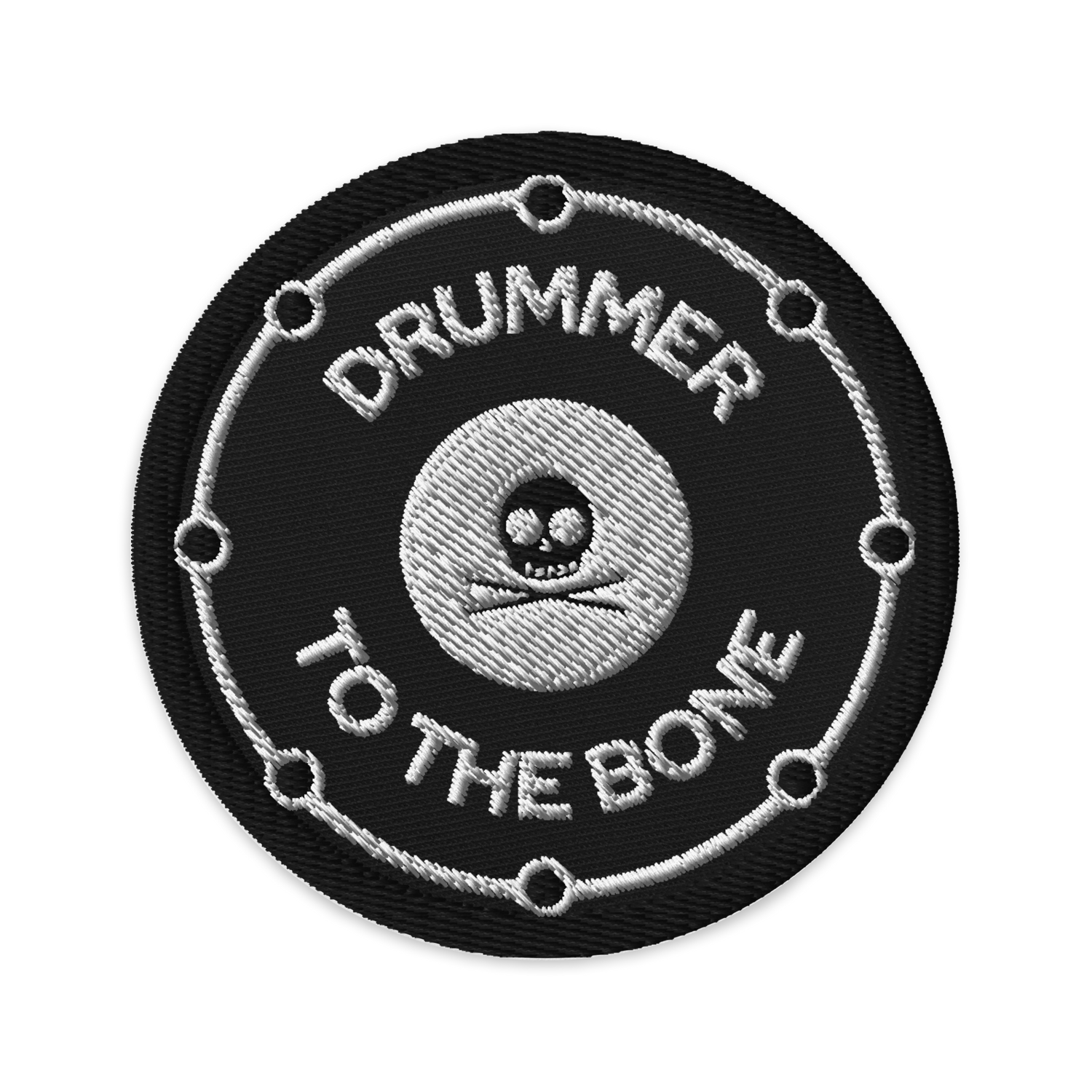
1 comment
Hydrochloric acid works for me.